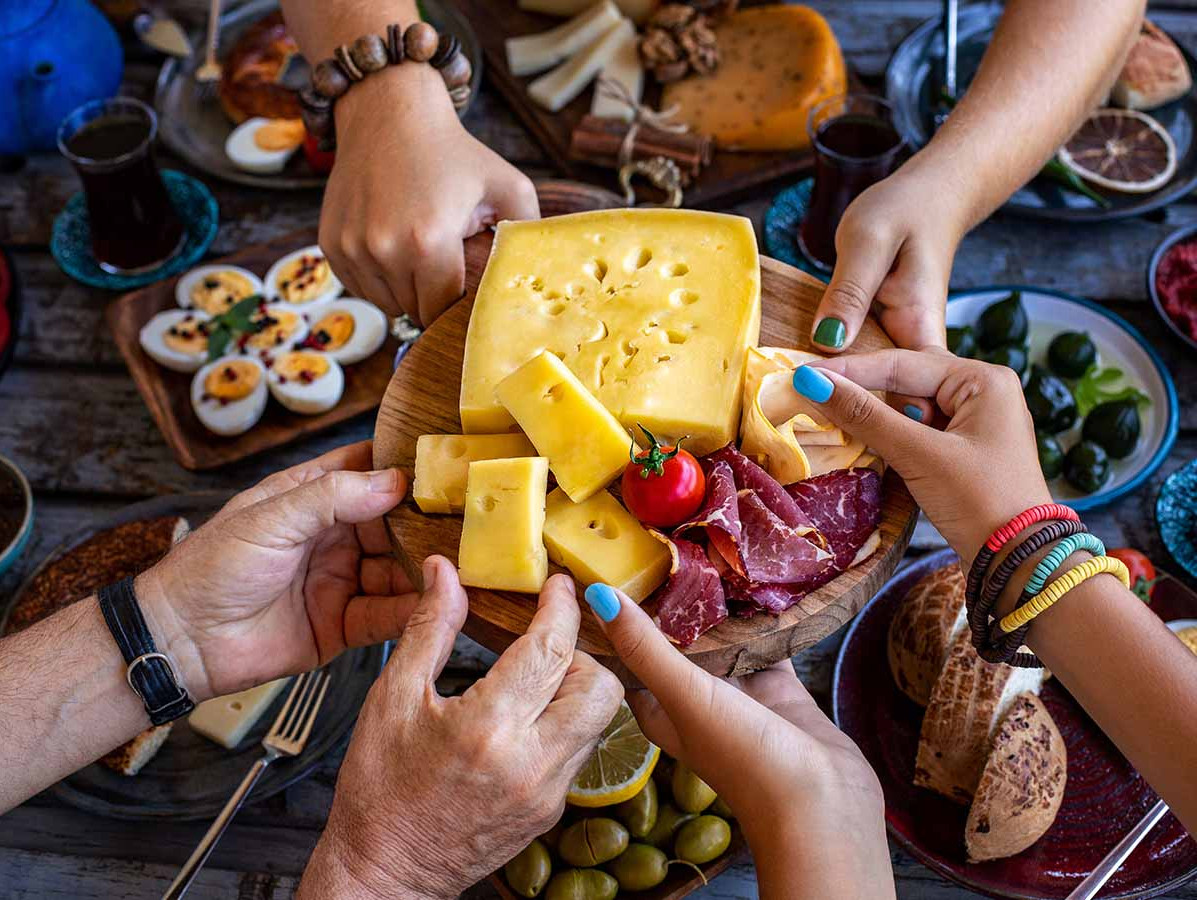
Dutch consumers continue to favour meat and dairy, as recent research indicates. Wageningen Economic Research conducted the first Protein Monitor on behalf of the Ministry of Agriculture, Nature and Food Quality (LNV). The government's objective is clear: by 2030, the consumption of plant-based and animal proteins should be balanced. But are we on the right track?
The figures show that the Dutch currently consume 39% plant-based and 61% animal proteins. "A shift is noticeable, but it's not happening quickly enough," says Marleen Onwezen, Consumer Behaviour Expert at Wageningen University & Research. Animal proteins still dominate the main meal and the hospitality sector. However, young people are increasingly opting for plant-based alternatives.
The Protein Monitor annually provides insights into changes in eating habits. It not only reveals the consumption patterns of individuals and groups but also explains why consumers make specific choices. Preferences of 570 consumers were tracked using an app, while a survey of 3,000 respondents unveiled the motivations behind their preferences. This offers valuable information about both consumption and the range of products in supermarkets.
The preference for meat and dairy remains deeply rooted. Consumers value these products more than plant-based alternatives. Habits, cooking knowledge, and social acceptance play a significant role in this. Interestingly, unprocessed plant-based products like nuts and legumes are popular due to their sustainability and health benefits. However, there is still a lack of skills in preparing attractive plant-based meals.
Researchers point out a clear discrepancy in the marketing and range of plant-based versus animal products in supermarkets. Animal products continue to dominate the shelves and promotions. This makes the choice for animal proteins more attractive and easier for the consumer. Recipes often contain animal products, which does not encourage the skills needed for plant-based cooking.
Marleen Onwezen emphasises the urgent need for interventions to accelerate the transition to a balanced protein consumption. This requires not only a change in consumer perception but also an improvement in the range and marketing of plant-based products. "Highlighting the strength of plant-based alternatives and teaching skills to prepare them tastefully is crucial," says Onwezen. The annual Protein Monitor will continue to track the shift towards balanced protein consumption, a vital step for both health and sustainability.
Source: Wageningen Economic Research